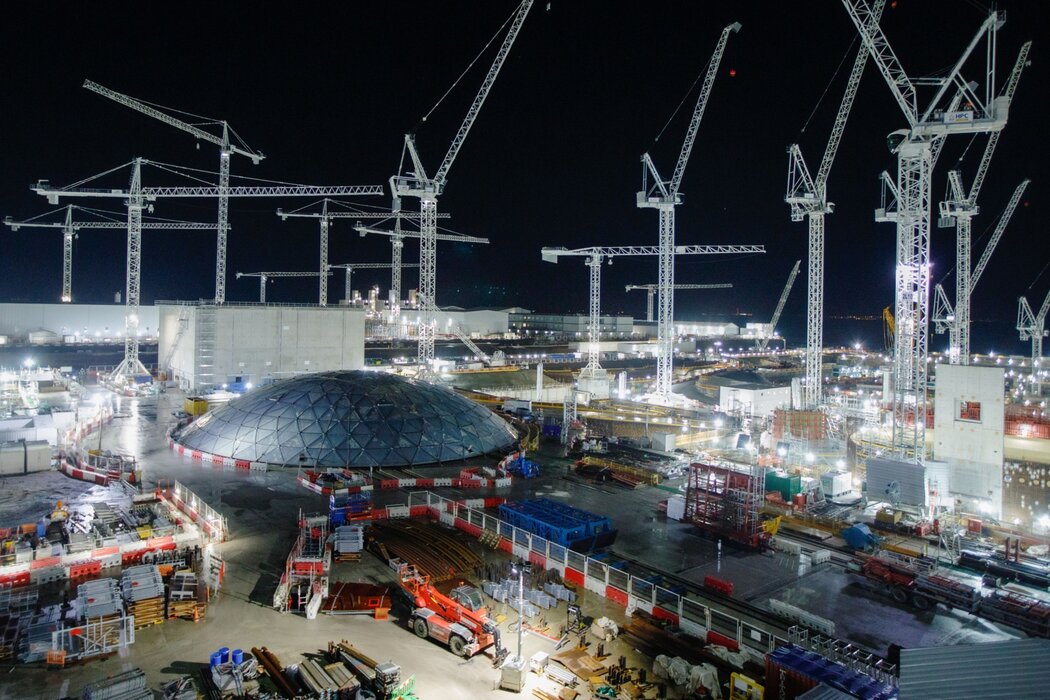
The construction site of the Hinkley Point C nuclear power plant near Bridgwater, England, in 2020. China General Nuclear Power Corporation, a state-owned Chinese nuclear power company, owns a one-third stake in the project. Luke MacGregor/Bloomberg
LONDON — Several years ago, Britain agreed to let China take a stake in its newest nuclear power plant, believing Beijing had the technology and construction skills to help replace the country's aging fleet.
It was a warm moment in Sino-British relations, signed during a carefully orchestrated 2015 visit to London by Chinese President Xi Jinping and then-British Prime Minister David Cameron.
Six years later, Britain's thinking has changed. A planned North Sea power station, estimated at around £20 billion and considered essential to ensuring a stable electricity supply for decades to come, is now facing unexpected skepticism. Part of the problem: attracting investors to a project in which China owns a one-fifth stake.
Xi Jinping's authoritarian ambitions and human rights record have chilled relations with the West, forcing a widespread reconsideration of a range of economic engagements with the world's second-largest economy. In the UK, the pushback over nuclear power echoes concerns sparked last year when the UK joined the US in banning Chinese telecom supplier Huawei from high-speed wireless networks, citing security concerns.
The 2015 nuclear deal even mandates that China become the majority owner of a planned Chinese-designed nuclear power plant about 50 miles from London. The project is currently undergoing regulatory review but is expected to face strong opposition from lawmakers.
“We cannot leave the technological core of our electricity system exposed to the risk of sabotage by countries that do not share our values,” said Tom Tugendhat, a member of Prime Minister Boris Johnson’s Conservative Party and chairman of Parliament’s Foreign Affairs Committee.
China has ambitions to become a global supplier of nuclear power plants, but the UK is not the only country reconsidering its agreements.
“In Europe, some countries are reconsidering their nuclear cooperation with China,” said Ted Jones, a senior director at the Nuclear Energy Institute, a Washington-based industry group. He noted that China’s nuclear power plant business has recently suffered setbacks in Romania, the Czech Republic, and elsewhere. Evidence of the risks was buried in the financial report released Thursday by Électricité de France, a French utility that owns and operates eight operating British nuclear power plants. The company is halfway through construction of Hinkley Point, the UK's first new nuclear power plant since the 1990s. China General Nuclear Power Corporation, a state-owned Chinese nuclear power company, owns a one-third stake in the project.
In its quarterly report, EDF urged the British government to quickly pass legislation establishing new, less risky financial and regulatory arrangements before the company begins work on its North Sea project, located near the fishing village of Sizewell.
